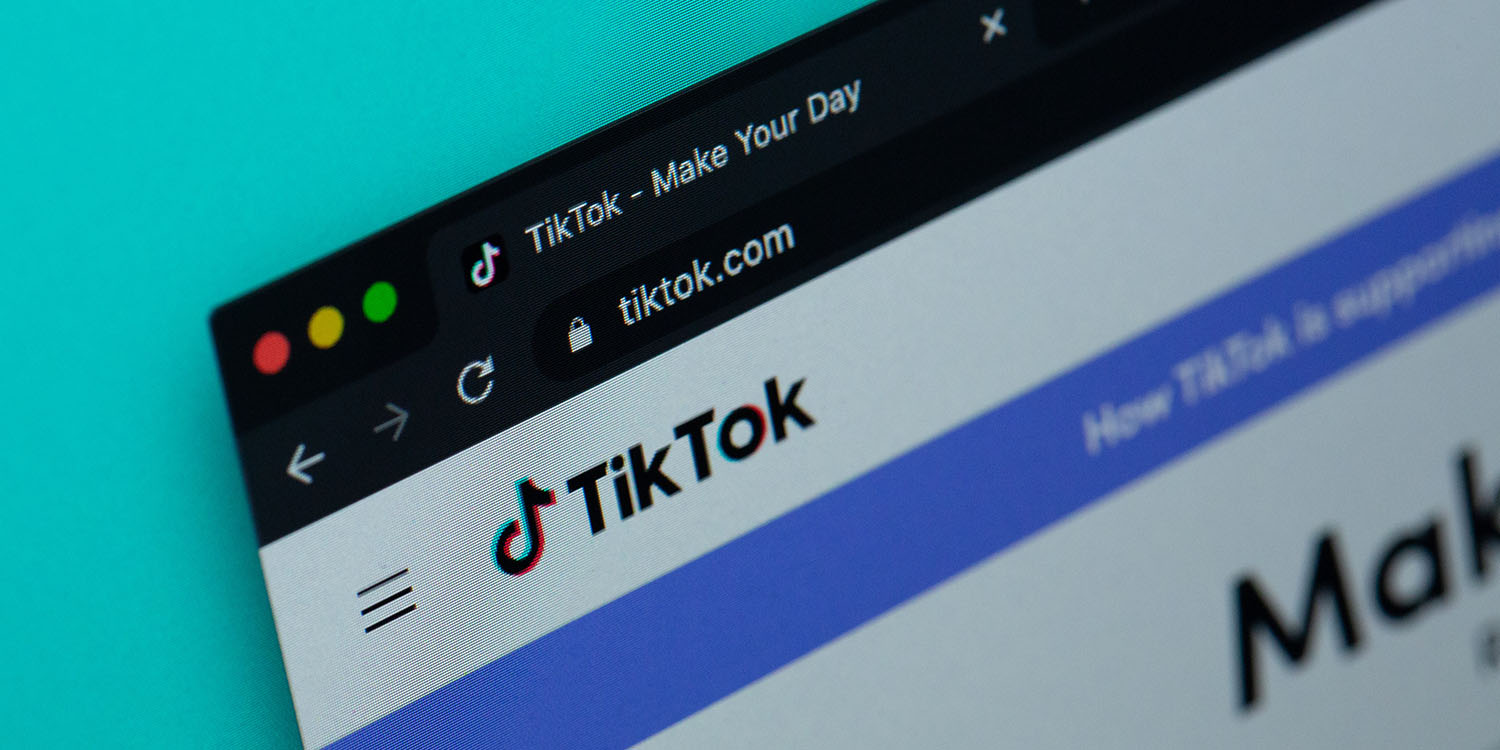
Apple remains one of the top-spending companies when it comes to TikTok ads, despite growing controversy about whether the app is a threat to US national security.
A separate report today reveals that the Chinese government engaged in an organized social media campaign to mock US concerns about the app, accusing Congress of technical illiteracy, hypocrisy, and xenophobia …
Background
Chinese video shorts app TikTok has been facing increasing pressure around the world, over two main fears.
First, cybersecurity. The Chinese government has strong links to, and influences over, the tech sector in the country. Second, political interference in elections. By having control over which videos are shown to users, the Chinese government could use it for propaganda.
In the US, this has so far led to a ban on the app being used on government devices; the Federal Communications Commission calling on Apple and Google to remove TikTok from their App Stores; and a member of the Senate Intelligence Committee doing the same. The US military, and more than half of US states, have enacted their own bans.
Earlier this month, the Biden administration urged Congress to pass an act that would give the president the power to ban apps like TikTok if they are deemed to pose a risk to national security. Just yesterday, we learned that Australia is the latest country to ban the app from official devices, and that the developer has been fined in the UK for breaching privacy laws.
Apple a top spender on TikTok ads
The Financial Times names Apple as one of the four biggest spenders when it comes to TikTok ads.
Advertising on TikTok in the US grew by 11 per cent in March, with companies including Pepsi, DoorDash, Amazon and Apple among the top spenders, according to data from app analytics group Sensor Tower.
The report does note that the increased spending may have already been booked before the concerns raised by the congressional hearing, but one senior figure in the ad industry said that brands are unlikely to be pulling their TikTok ads yet.
“I don’t think anyone’s responding in a panic or pulling advertising from their plans, but they are watching and waiting, making contingency plans in the case of a ban or of government action,” said Phil Smith, director-general of the Incorporated Society of British Advertisers.
China mocking and attacking US concerns
A report issued by the non-partisan Alliance for Securing Democracy monitored social media posts by Chinese state media and diplomats, and found a huge increase in posts about TikTok – with an aggressive tone.
Between March 20 and March 26, 2023, Chinese diplomats and state media tweeted about TikTok nearly 200 times. By way of comparison, those same accounts mentioned the company fewer than 150 times over the entirety of January and February 2023. There was a noticeable spike in activity in the immediate aftermath of the hearing, with Chinese accounts mentioning the social media platform more than 75 times on March 24 alone. The focus was clearly on US action related to Thursday’s hearing.
Chinese diplomatic and propaganda efforts around TikTok trotted out familiar themes: They appealed to xenophobia; denigrated the US system of government; and painted the United States as paranoid, undemocratic, and hostile to business because of the TikTok conversation. They also sought to hype up the app’s success, highlight China’s strong opposition to a forced sale, and amplify TikTok users’ opposition to a ban.
To be fair, it’s kinda hard to argue with the accusation of technical illiteracy …
Photo: Solen Feyissa/Unsplash
FTC: We use income earning auto affiliate links. More.






Comments